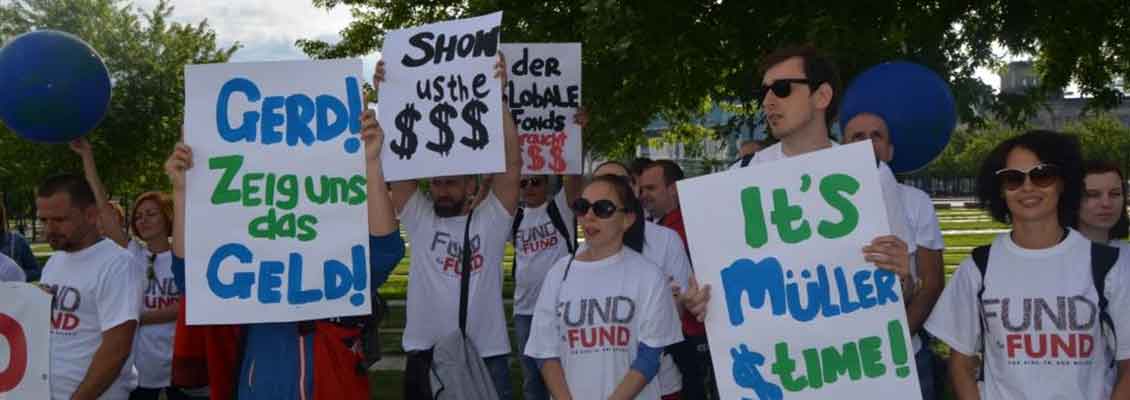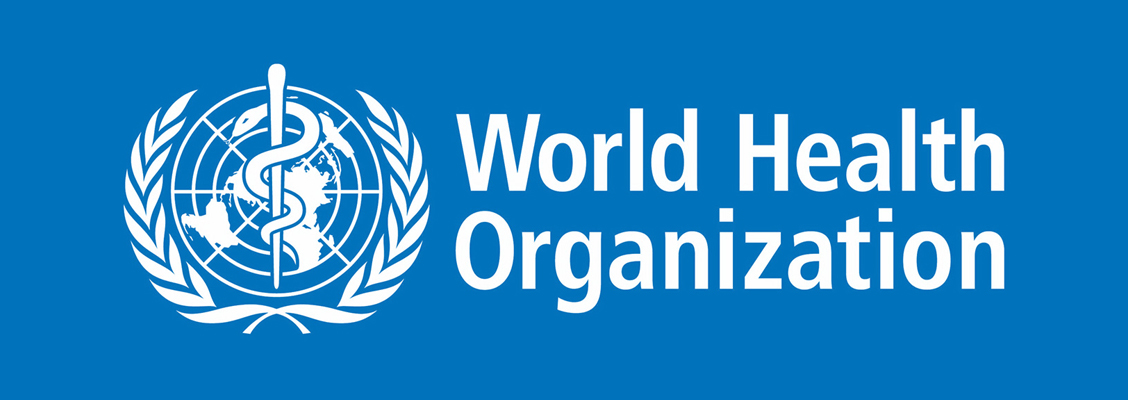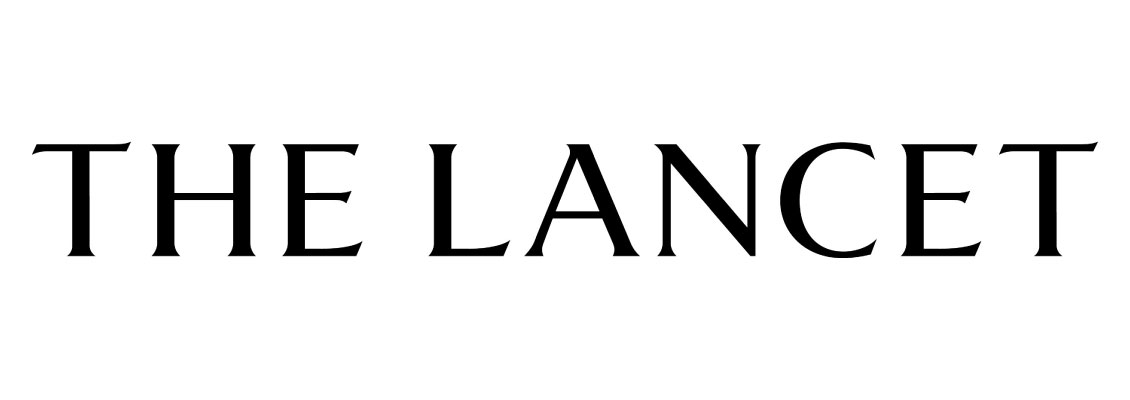AHF Lauds Donors for Pledging $13 Billion to the Global Fund
AHF now invites China to pledge $100 million to the Fund
MONTREAL, CANADA (September 18, 2016) AHF today applauded the Global Fund to Fight AIDS, Tuberculosis and Malaria (GFATM) and donor countries for reaching the fundraising target of $13 billion for the Fifth Replenishment Round, which will fund lifesaving treatment and prevention programs for millions of people around the world through 2019. At the conclusion of the replenishment meeting in Montreal, $12.9 billion USD had been formally pledged, although contributions from outstanding countries that had not yet committed will still be accepted and strongly encouraged.
In 2015, AHF rolled out a global advocacy campaign called “Fund the Fund” with the chief aim of ensuring the success of the Fifth Replenishment Round, and specifically urging large donors such as Germany, Japan and China to increase their contributions. The long-running advocacy effort included grassroots demonstrations in front of embassies in over 20 countries, a letter writing campaign, advertising campaigns and meetings with embassy officials and high-level decision makers around the world.
“We are very proud of having played a role in helping the Global Fund reach its funding target of $13 billion. This was a truly global effort for AHF that ran the gamut from a procession of tuk-tuks wrapped in ‘Fund the Fund’ banners going from embassy to embassy in Phnom Penh to a large demonstration and march in Berlin in front of the Parliament, to meetings with embassies of donor governments in Kathmandu, Lima, Pretoria, and much, much more,” said Loretta Wong, AHF Senior Director of Global Advocacy and Policy. “While we were only a part of a much larger global movement working on replenishment advocacy, successes like a larger contribution from Germany— which increased its contribution from Euro 600 million to Euro 800 million—show that concerted advocacy indeed works.”
Despite many competing social and development priorities vying for funding, which in recent years has become scarce, increases in GFATM pledges from large donors like the European Commission, Germany, Japan, France, the UK and the United States demonstrate that the global AIDS, TB and malaria responses remain a leading development priority that demands continued funding. The pledges also serve as a vote of confidence for the effectiveness and impact of programs funded by the GFATM.
On the eve of Germany’s increased pledge, AHF ran an ad in the German newspaper Allgäuer Zeitung urging the Federal Minister of Economic Cooperation and Development, Gerd Müller to increase Germany’s contribution to €800 million. Earlier that same month, AHF country program directors from over a dozen countries sent appeals to Germany, urging it to contribute more.
AHF Europe Bureau Chief Zoya Shabarova was excited to hear about Germany’s decision to up its contribution. “This is excellent! I think AHF’s voice was heard in the EU through AHF advocacy meetings at German Embassies globally, lobbying in Den Haag at the Ministry and at Parliament,” she said.
“This is a very significant victory for AHF and our Fund the Fund campaign. The donors have declared that getting AIDS, TB and malaria under control is still very much a priority, but our advocacy doesn’t end here,” said Michael Weinstein, AHF President. “We laud the United States, European Commission, France, Great Britain, Germany, Japan and others who have either increased or maintained their contributions, but one donor remains conspicuously absent despite being the second largest economy in the world and that’s China. We will continue advocating until China contributes its fair share to the Global Fund. The Replenishment may be over, but countries can still make contributions afterward; also it’s critically important that down the road pledges translate into actual contributions and that all commitments are fully met, so our advocacy will continue.”
“We also now call on the Global Fund to ensure the most efficient and effective use of these critical new resources and that these funds are directed to efforts to end or fully control these three diseases and not succumb to pressure from some donors to possibly divert resources to other uses when the evidence of the favorable health impact of Global Fund funding on AIDS, TB and Malaria is overwhelming,” added Dr. Jorge Saavedra, AHF’s Global Public Health Ambassador and former Head of the National AIDS Program of Mexico (SENSIDA). “Lastly, we invite China to be a hero in this Global Fund replenishment cycle by contributing and covering the $100 million gap to bring this replenishment up to $13 billion.”




